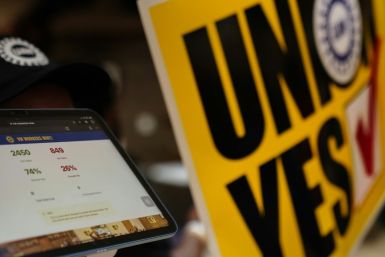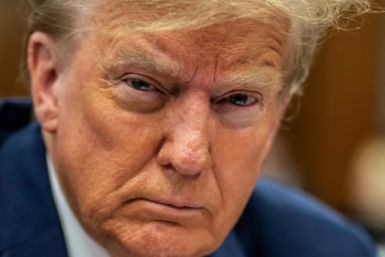FX Risks: Why your business shouldn’t be at risk of currency headwinds

The global economy is at a crucial point of uncertainty as developments in the global geopolitical landscapes continue to throw huge question marks on the prospects of international trade. The world is still seething from the uncertainties surrounding the Brexit negotiations, economic relationship between the U.S. and China are painfully strained, President Trump is still intent on rewriting NAFTA, and the economic crises in Turkey and Argentina don’t seem to be abating.
The uncertainty and instability are in turn engendering more currency risks with ripple effect across the global economic clime. Last month, the 45% drop in the value of the Lira triggered sudden changes in economic policies across many emerging markets. For instance, the Argentine central bank raised its key interest rate to 45%, banks in the Eurozone suffered steep losses, and both the Russian Ruble and South African Rand saw declines in their FX values. Of course, one could make a case that European and American travelers heading to Turkey enjoyed a cheaper holiday.
Businesses and investors with international exposure respond to FX risks
Many businesses and investors are on the lookout for proactive and strategic ways to protect their exposure from the inevitable risks associated with the uncertain political climate. One of the popular “strategies” is for investors to rely on luck and chance in holding on to currencies that they think might appreciate in value based on how the political machinations play out. For instance, as the spate between U.S President Trump and Turkey’s Erdogran heats up, there are bigger odds that the U.S. dollar will fare better than the Turkish Lira in the end. Hence, based on political permutations, businesses and investors can hold currencies they expect to survive the current socio-economic instability unscathed.
However, Alon Rajic, Managing Director of moneytransfercomparison.com observes that “economists make nothing more than an educated guesses when it comes to FX rates. No one warned against the Brexit before the UK-EU referendum took place. No one warned against Turkey's collapsing economy a year ago... Making your own predictions or relying on someone else's predictions to speculate on foreign currency rates is a bad idea, and it's even worse to gamble with the future proceedings of your own company.”
Another strategy that business and investors are using to protect themselves from currency headwind is to leverage foreign currency forward contracts. Forward contracts are simply financial tools used by businesses or investors who have an obligation to make or receive currency payment in the future to lock in the rate of the FX payment. Forward contracts give the holder the right and obligation to buy/sell a certain amount of foreign currency at a predefined price by a definite date in the future.
A forward contract protects the seller from currency headwinds if the value of their home currency depreciates between the time they bought the contract and when they exercised it. The problem however is that the contract locks them out from any upside the FX markets. They will still be under obligation to buy the foreign currency at the predefined FX rate even when the prevailing spot price is lower than the price locked down in the contract. Nonetheless, we can’t ignore the fact that forward contracts might eliminate upsides, but they will prevent potential disasters in your business if the market goes the other way than you think it would.
Interestingly, an FX options might be a smarter tool for protecting your FX exposure against currency headwinds such that you’ll get to benefit from the upside of the currencies. An FX option is different from an FX forward contract in that it gives you the right but not the obligation to buy/sell one currency at a predetermined price by a given date. The beauty of options contract lies in the fact that you can tweak the volumes to reflect the exact amount of foreign currency that you plan to buy or sell.
One of the key selling points of an FX option is that you get to hedge your position from a downtrend but you still have an opportunity to participate in any unexpected FX upside if you choose to refrain from exercising the option. Interestingly, many different versions of FX options such as traditional call/put option and single payment option trading (SPOT) contracts provide an interesting mix of tools on how best to avoid FX uncertainties despite the madness going on the global political space.






